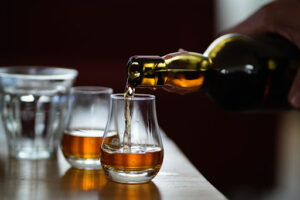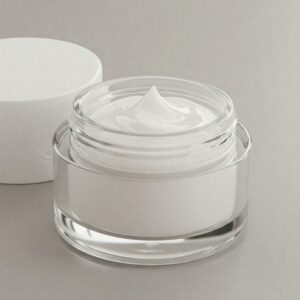When considering getting a liquor license, one should first ask themselves what actually is alcohol in terms of the law, what laws regulate it, and be prepared to assume all the relative costs. Depending on its culture and customs, each country has a different take and normative on alcohol. Let’s have a look at the rules in the United Kingdom.

According to the Licensing Act 2003, ‘alcohol’ means: spirits, wine, beer, cider or any other fermented, distilled or spirituous liquor. It does not include any liquor of 0.5% strength or below at the time of the sale or supply in question, perfume, flavouring essence, alcohol which is, or is included in, any medicine, denatured alcohol (methylated spirits) or alcohol contained in liqueur confectionery.
What are the laws on alcohol
Like every country in the world, the UK has its own laws and regulations regarding alcohol consumption, production, and selling.
Let’s start with the regulations about alcohol consumption and purchasing.
The legal age to buy alcohol is 18 years old, but some types of it – such as beer, wine, or cider – can be legally consumed from the age of 16, accompanied by food and under adult supervision. The law also states that it is illegal to serve alcohol to anyone under the age of 5 years old, but also that anyone over the age of 5 can drink alcohol – even if restrictions regarding purchasing (under 18) and location apply: it is forbidden in licensed premises, in public or in alcohol exclusion zones. On top of that, the allowance inside pubs and bars of under 18-year-olds (including working) is at the discretion of the establishment’s owner.
As for alcohol production and selling, the law requires sellers and producers to have an alcohol licence, as well as other licences and permits. Whether one wants to open a brewery, a winery, or a distillery, they will need to obtain the applicable licence and follow the relevant business specifics. According to the type of activity, there are different kinds of licences, the two most important ones being the Premises Licence and the Personal Licence. A Premises Licence is the right one for any business that means to sell alcohol on a permanent basis as part of their business, while a Personal Licence allows selling liquor as part of the business. However, one must also hold a premises licence for their business.
Why do you need a liquor license?
The reasons why liquor licences are mandatory can be summarised in four objectives: the prevention of crime and disorder, public safety, the prevention of public nuisance, the protection of children from harm. Moreover, in order to obtain a personal licence, the concerned person needs to obtain an accredited qualification by the licensing authorities, so to ensure that the holders of these licences are aware of the law and the social responsibilities involved in selling alcohol.

How to get a liquor license in the UK: the process and the costs
The process of obtaining a liquor license entails different steps.
First of all, one must complete an application form and send it to the local council, along with the fee, in addition to passing the Award for Personal Licence Holders (APLH) course. How much is a liquor license will depend on the type of license one is applying for. For example, if one is applying for a Premises license, the cost will vary between £100 and almost £2000, while a Personal Licence would be £37.
Other factors to take into account are the relevant licences to produce certain types of alcoholic beverages. In case of a distilling licence, the applicant must have the approval of the premises and the plant from the authorities, as well as setting up a limited company. If one plans to brew beer, in addition to the two licences mentioned above, one must register as a brewer with HMRC to receive a certificate to brew and consequently pay Beer Duty. For wine, one must hold an excise licence, known as a wine producer’s licence.
How long does it take to get a liquor license?
The local councils tend to have it approved within 4 weeks, but the process can take up to two months, depending on the number of applications they have to process. It is important to note that this timeline can vary depending on the country of the United Kingdom, hence there might be a difference between England, Wales, Scotland, and Northern Ireland. These differences can apply also to the process of liquor licences, their requirements and any additional documentation required by the local law.





